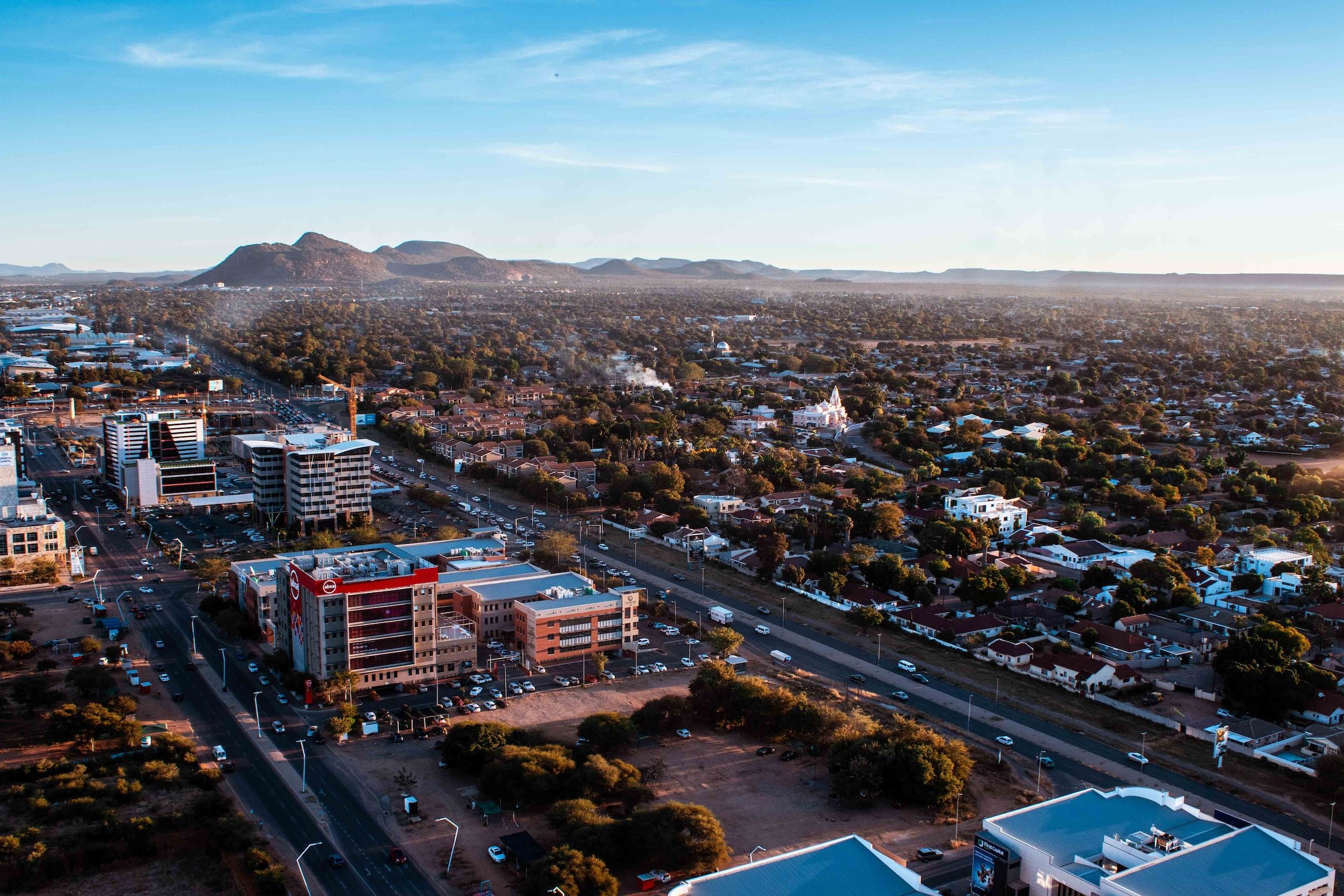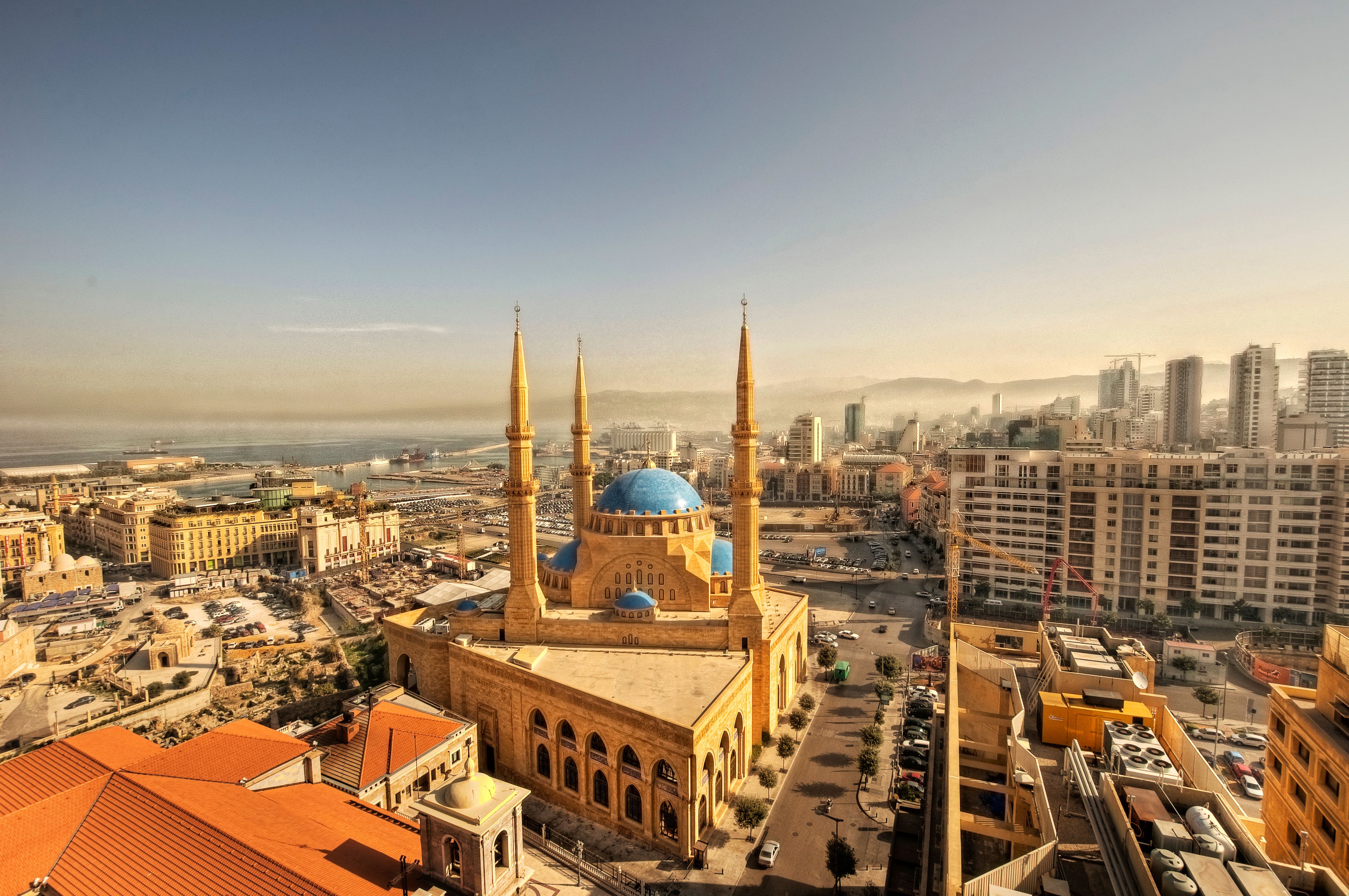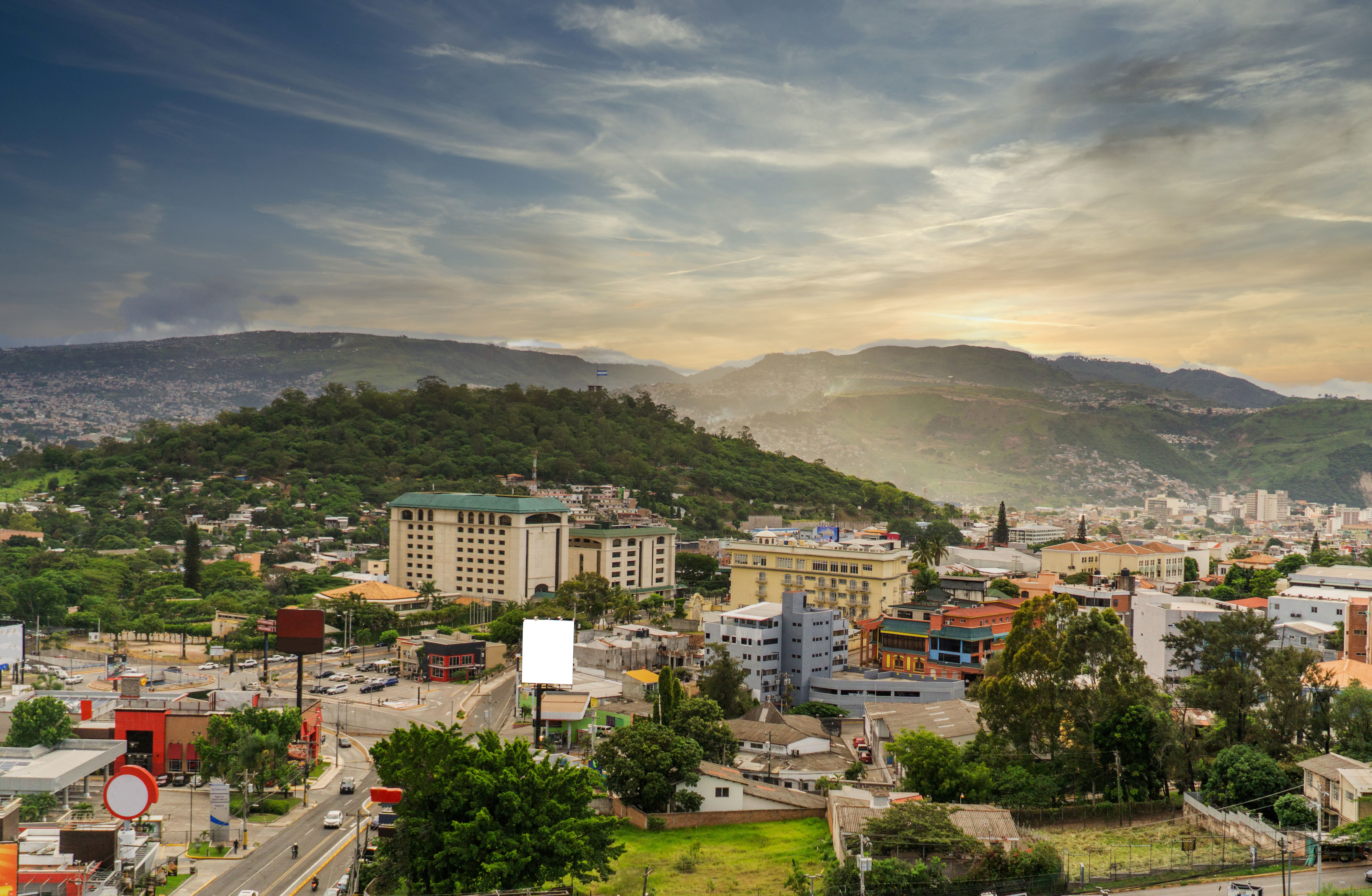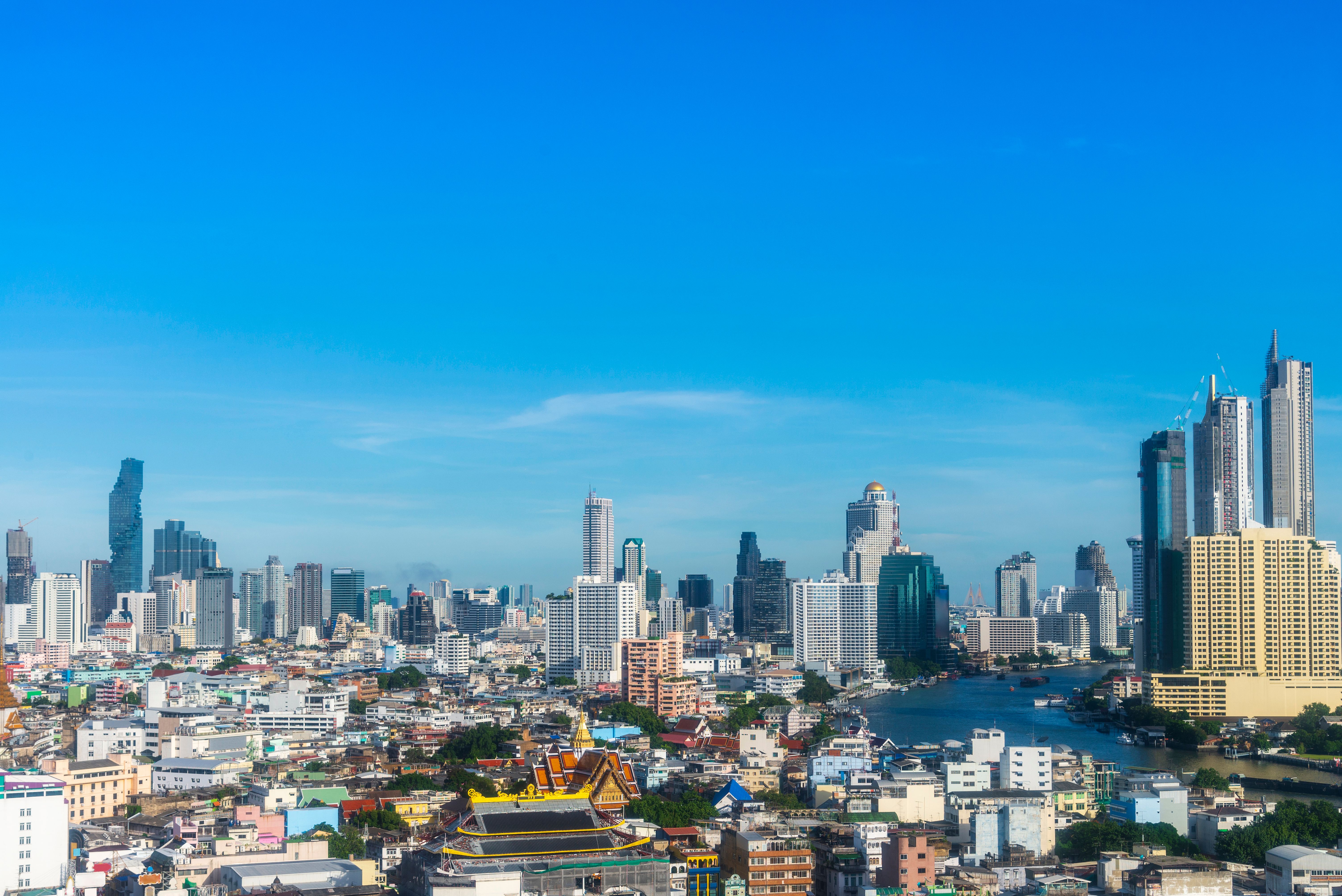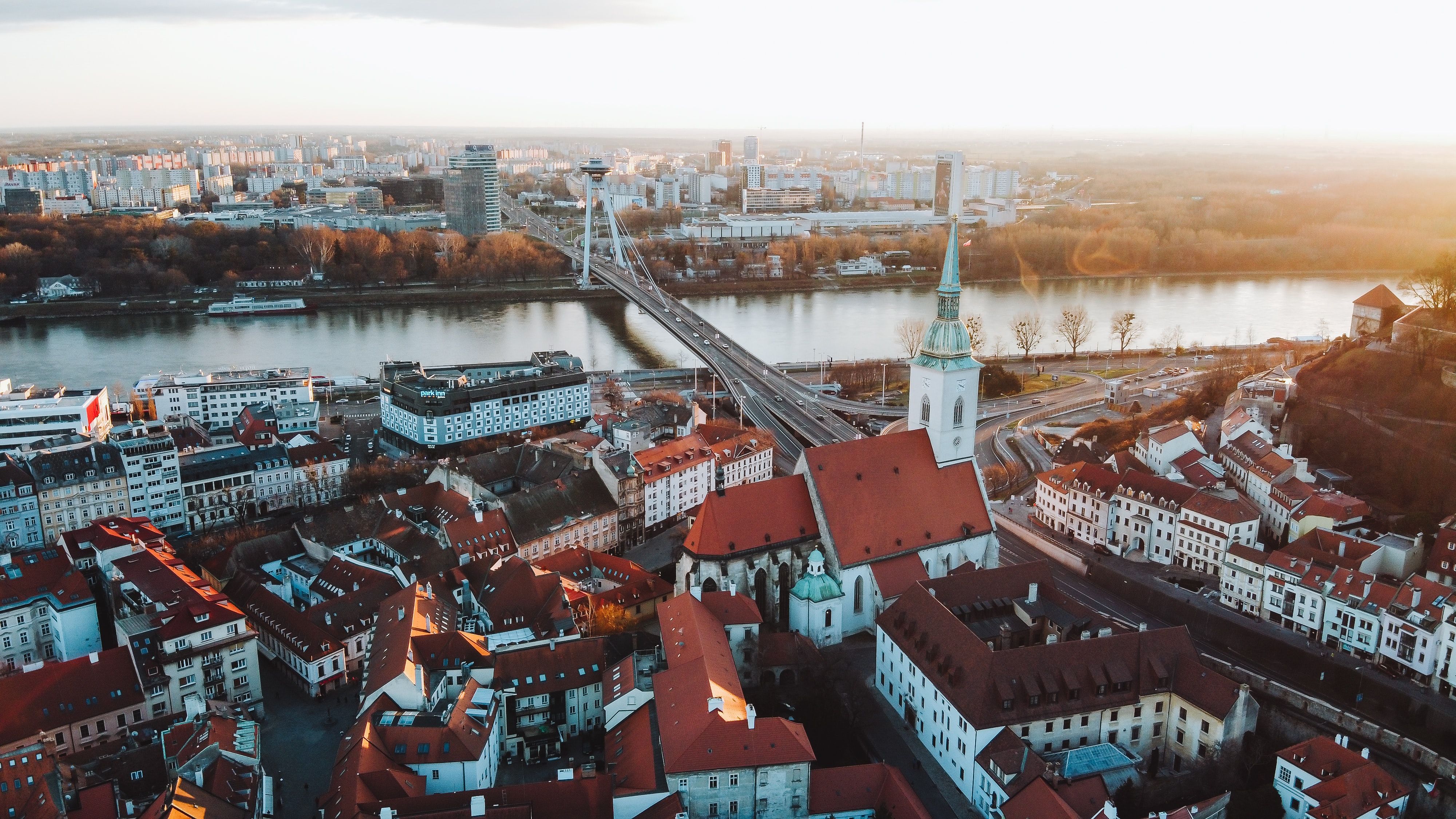The global state of democracy in 2023 is complex, fluid and unequal. Across every region of the world, democracy has continued to contract, with declines in at least one indicator of democratic performance in half of the countries covered in the Report. Measured in terms of the areas of improvement and decline within each country, 2022 was the sixth consecutive year in which more countries experienced net declines in democratic processes than net improvements. This six-year pattern of decline is the longest of this kind since our records began in 1975. In short, democracy is still in trouble, stagnant at best, and declining in many places. But there are a few green shoots
of hope (notably, corruption falling and surprisingly high levels of political participation). Indeed, while The Global State of Democracy 2023 shows some declines in countries that had been thought to be healthy democracies, at the same time there were encouraging improvements in countries where the level of oppression has been constant for years.
Against this background, this year’s report highlights the role of so-called countervailing institutions in stopping the erosion of democratic institutions and reacting to the entrenchment of authoritarian forces.
The term goes beyond the traditional understanding of ‘checks and balances’ to encompass those governmental and non-governmental institutions, organizations and movements that check the aggrandizement of power and balance the distribution of power to ensure that decision makers regularly integrate popular priorities into policy.
Countervailing institutions include relatively new entities, such as human rights organizations and electoral management bodies, as well as civil society networks, popular movements and investigative journalists, which all play an irreplaceable role in ensuring democracy continues to be of and by the people.
International IDEA analyses democratic trends using four top-level categories of performance:
- Representation
- Rights
- Rule of Law
- Participation.
Representation
It found notable declines in Representation (including in Credible Elections and Effective Parliament) and in Rule of Law (with declines in Judicial Independence, and Personal Integrity and Security). These setbacks were seen in every single region of the world. They corresponded to events such as the continuing wave of coups d’état in Africa (most recently in Niger and Gabon) and the collapse of representative institutions in Haiti.
Rights
In the Rights category, overall declines were not significant, but stagnation at a low level is not a situation to celebrate or tolerate. Moreover, many countries experienced declines in Freedom of Expression and Freedom of Assembly and Association, sometimes connected to deteriorations in security. In such contexts, the fundamental enabling conditions of democracy, including opportunities for debate and dialogue (which drive innovation), are at risk of disappearing. The diverse ways in which these declines find expression range from the extreme measures against organized crime in El Salvador to the misuse of laws against misinformation in many countries in Western Asia.
Rule of Law
Turning to the Rule of Law category, after many years of stagnation in levels of corruption, there were improvements in countries across all regions. The picture was not unambiguously positive, however, because many of the countries making progress combatting corruption—for example, Angola, Benin, Burundi, Kazakhstan and Mexico—are facing challenges in other indicators of democracy. Nevertheless, initial indications are positive.
Participation
The most encouraging category was Participation, where scores remained surprisingly high even in countries with a low level of democratic performance at an institutional level.
While there were still more countries with declines in Participation than advances, the picture here was much less negative than in other areas of democratic performance. As the report details, there are also encouraging cases in many countries where political participation has had policy impacts.
